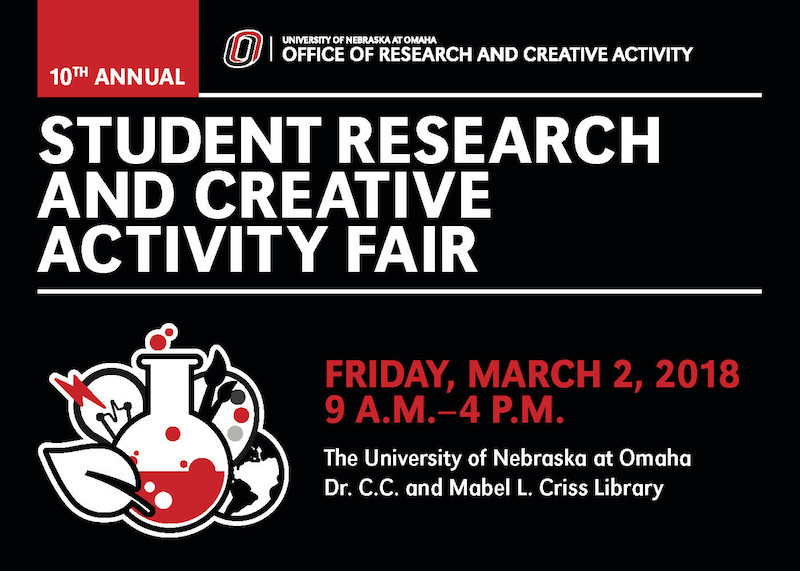
Studies of Amino Acid Mutations in Drug Resistance of the SMO Protein
Abstract
Studies of Amino Acid Mutations in Drug Resistance of the SMO Protein
Chemistry
Smoothened receptor (SMO) is a protein that in humans, is encoded by the SMO gene. A systemic mutation in its binding pocket helps predict the sensitivity of mutant proteins to different drugs. Known as a GPCR-like receptor, it is a component of the hedgehog signaling pathway; a pathway involved in body patterning and the regulation of adult stem cells. An uncontrolled or inappropriate activation of the Hedgehog pathway drives tumor progression in cancers and a number of birth defects. To achieve these goals, the molecular modeling software MOE was used to build small molecules and drug molecules like Vismodegib and Sonidegib. These molecules were used for docking to the binding pocket after mutants were made through MOE also. Results however show that some of the molecules work with both the wild-type proteins and the mutants the others do not.
Studies of Amino Acid Mutations in Drug Resistance of the SMO Protein
UNO Criss Library, Room 249
Studies of Amino Acid Mutations in Drug Resistance of the SMO Protein
Chemistry
Smoothened receptor (SMO) is a protein that in humans, is encoded by the SMO gene. A systemic mutation in its binding pocket helps predict the sensitivity of mutant proteins to different drugs. Known as a GPCR-like receptor, it is a component of the hedgehog signaling pathway; a pathway involved in body patterning and the regulation of adult stem cells. An uncontrolled or inappropriate activation of the Hedgehog pathway drives tumor progression in cancers and a number of birth defects. To achieve these goals, the molecular modeling software MOE was used to build small molecules and drug molecules like Vismodegib and Sonidegib. These molecules were used for docking to the binding pocket after mutants were made through MOE also. Results however show that some of the molecules work with both the wild-type proteins and the mutants the others do not.
